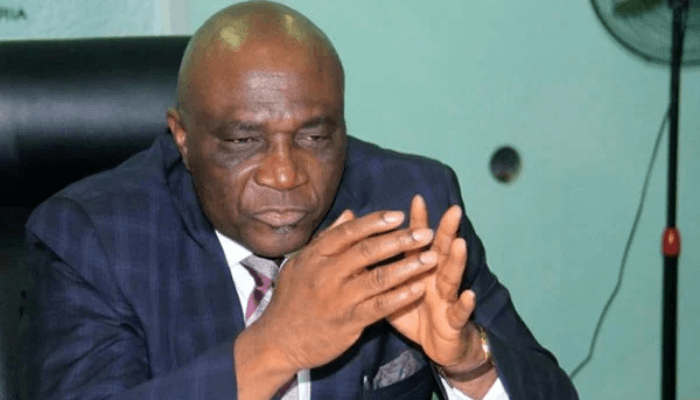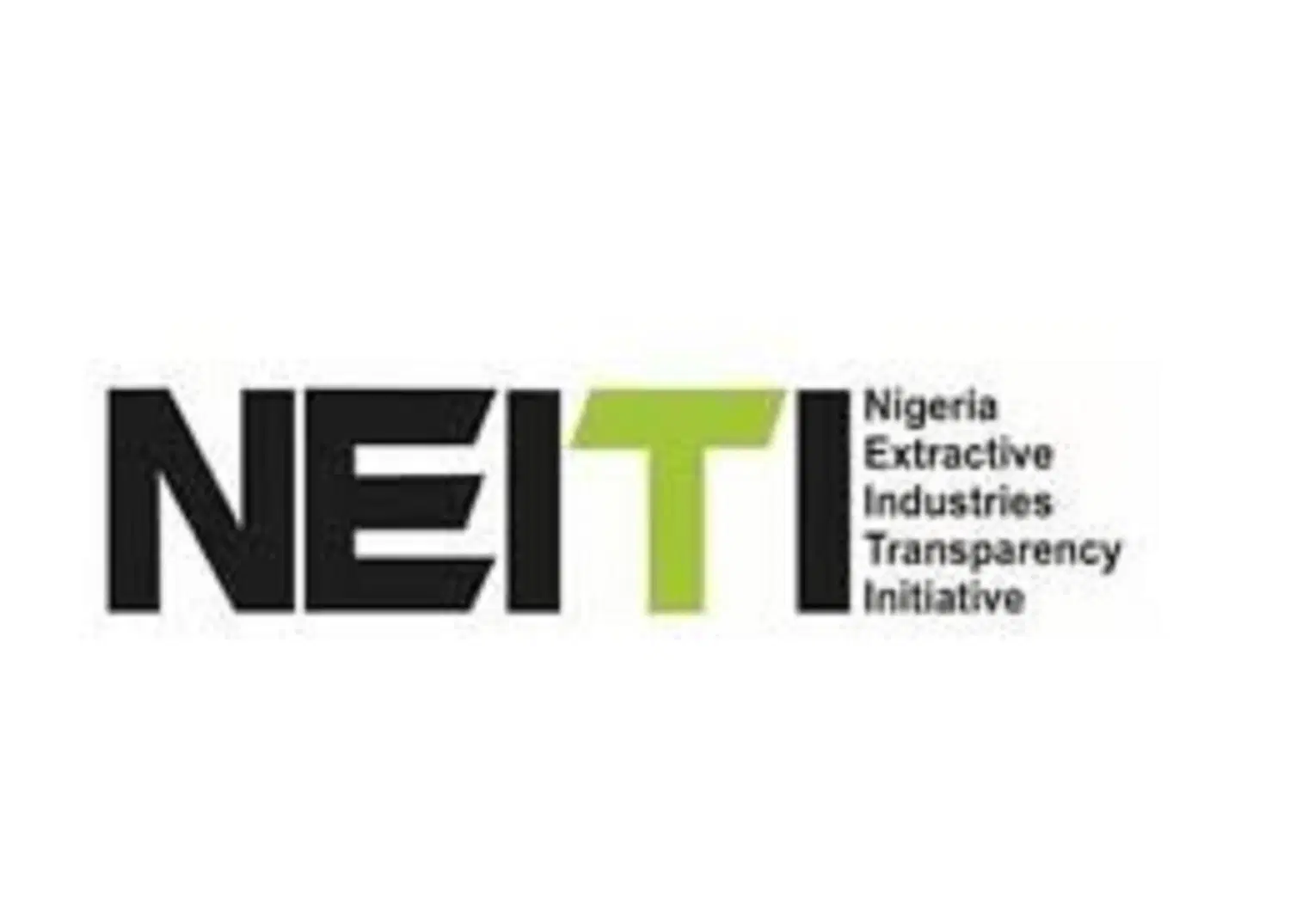The Nigerian National Petroleum Company Limited will supply 300,000 barrels of crude oil per day to the Dangote Refinery, as it begins operations next week.
The News Agency of Nigeria reported that the Group Chief Executive Officer, NNPCL, Mele Kyari, made the disclosure on Thursday at the ongoing 4th Nigerian Oil and Gas Opportunity Fair in Yenagoa, Bayelsa State.
He, therefore, urged all stakeholders to join the national oil company in growing the oil and gas sector in Nigeria.
According to him, the NNPCL, which had 20 percent stake in the refinery, was ready to meet its crude oil supply obligations to the facility, stressing that the national oil company “will be supplying 300,000 barrels of crude oil per day to Dangote.”
He said, “We want to address the energy challenges so that industrialisation can come to the country. 48 per cent of all revenue that comes to the government comes from the oil and gas sector and we are in a very good position to support the growth of the economy.”
The Dangote Refinery, established by Africa’s richest man, Aliko Dangote, is scheduled to be inaugurated on May 22.
A presidential aide, Bashir Ahmad, had earlier tweeted that the inauguration would be done by the President, Major General Muhammadu Buhari (retd.), before he hands over to the next regime on May 29.
He wrote, “Efforts by the Federal Government to make Nigeria self-sufficient in local refining of crude oil to save the scarce foreign exchange used in the importation of petroleum products have received a boost as the 650,000 barrels per day Dangote Refinery, the world’s largest single-train refinery, is set for inauguration on May 22nd, 2023, by President Muhammadu Buhari.”
The 650,000bpd refinery, estimated to be worth over $19bn, is an integrated refinery project under construction in the Lekki Free Zone, Lagos, Nigeria. It is expected to be Africa’s biggest oil refinery and the world’s biggest single-train facility.
The company, on its website, said the refinery would meet 100 percent of the Nigerian requirement of all refined products and also have a surplus of each of these products for export.











